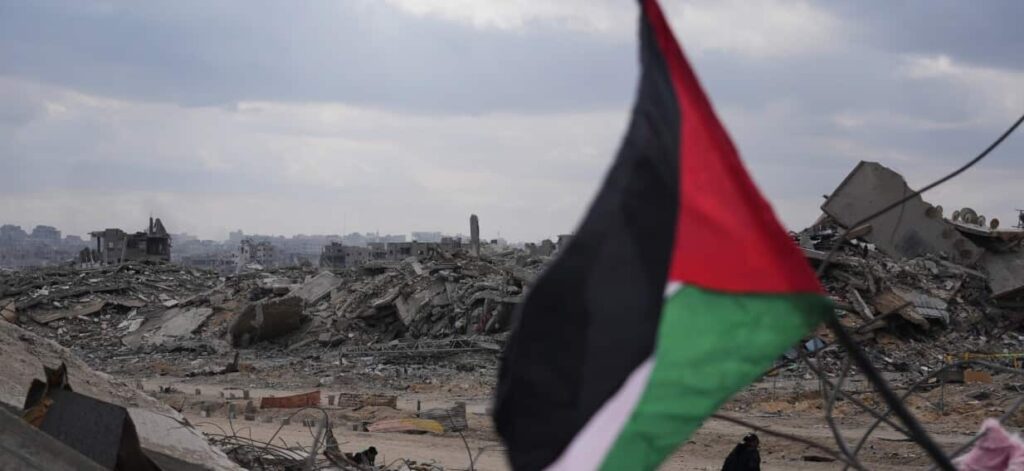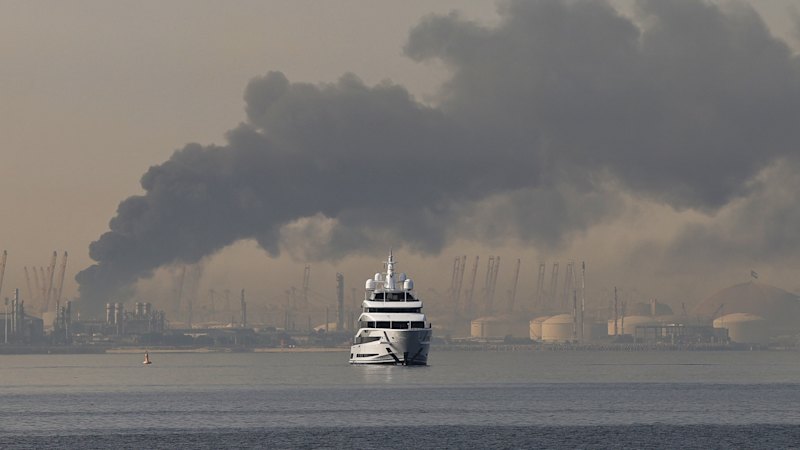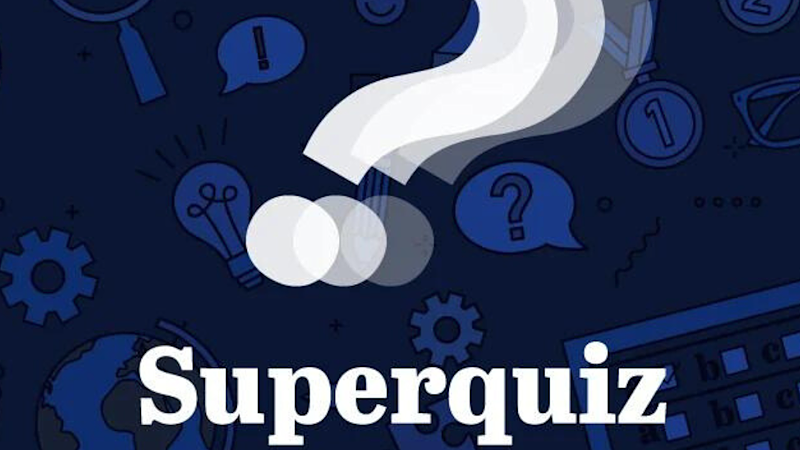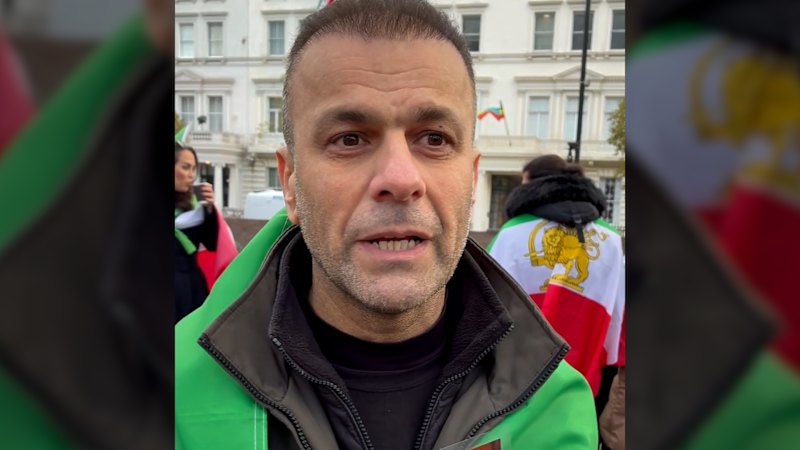
A ceasefire between Israel and Hamas has successfully held for a third consecutive day in Gaza, paving the way for the anticipated release of Israeli hostages and Palestinian prisoners. As thousands of Palestinians journey north towards Gaza City, the epicenter of recent Israeli attacks, there is a sense of hope that this ceasefire will signal an end to the ongoing conflict. Abdou Abu Seada, a local resident, expressed mixed emotions, stating, “There is a lot of joy among the people,” though he noted the exhaustion following two years of war that has devastated much of Gaza.
Israeli government spokesperson Shosh Bedrosian announced plans for the hostages’ release to begin on the morning of November 27, 2023, with the expectation that 20 living hostages will be freed simultaneously. Israeli officials anticipate the release to occur between 06:00 and 07:00 local time (02:00-03:00 AEDT). Should the hostages be released earlier than planned, Israel is prepared to welcome them back, with their return to be followed by the transfer of bodies of 28 deceased hostages. Under the ceasefire agreement, Hamas is obligated to release the remaining hostages taken on October 7, 2023 by noon on Monday.
Humanitarian Efforts and Political Developments
In the backdrop of these developments, US President Donald Trump is scheduled to arrive in Israel on Monday to address the Knesset, Israel’s parliament, before heading to Sharm El Sheikh in Egypt for a summit aimed at resolving the Gaza conflict. Palestinian Authority President Mahmoud Abbas is also expected to attend this summit, according to an Axios report citing a senior Palestinian official. US Vice President JD Vance confirmed that Trump plans to “greet the hostages” on Monday morning local time.
In preparation for the release of Palestinian prisoners, the Israeli Prison Service has transferred several individuals to various facilities. The Israeli Ministry of Justice has disclosed that 250 Palestinians are set to be released as part of the agreement. Additionally, Israel will release 1,700 Palestinians detained since the conflict began on October 7, along with 22 minors and the remains of 360 militants. Bedrosian noted that these prisoners will be released once the living hostages have safely returned to Israeli territory.
Israeli Defense Minister Israel Katz stated that following the hostages’ return, the military will target and destroy underground tunnels constructed by Hamas in Gaza. As Palestinians return to northern Gaza, they are confronted with the enormity of the destruction, with one local aid coordinator estimating a need for 300,000 tents to accommodate approximately 1.5 million displaced individuals.
Amjad Al Shawa, who leads a Palestinian organization collaborating with aid groups, remarked on the extensive devastation witnessed by returnees. Local resident Rami Mohammad-Ali described the bittersweet experience of returning home after a long journey, stating, “We are joyful to return to Gaza (City) but at the same time we have bitter feelings about the destruction,” as he recounted seeing human remains along the roads.
Tragic Consequences and Calls for Mental Health Support
As humanitarian aid begins to flow into the Gaza Strip from Egypt, the emotional toll of the conflict continues to resonate within Israeli society. Reports indicate that hundreds of humanitarian aid trucks have started entering Gaza through various crossings, including Kerem Shalom and al-Awja. This development follows the ceasefire agreement, offering some respite to the beleaguered region.
Tragically, the community has also been grappling with the suicide of Roei Shalev, a survivor of the October 7 attack during the Nova music festival, which claimed the life of his girlfriend. Shalev’s body was discovered in a burned vehicle north of Tel Aviv, shortly after he shared a poignant message on social media expressing his despair. “I cannot bear this pain anymore. I am burning on the inside… I just want this pain to end,” he wrote.
In response, several opposition politicians have called for improved mental health support for survivors. Avigdor Liberman, leader of the Yisrael Beytenu party, stated, “It is time for the State of Israel to treat those suffering from mental health issues as heroes — not as statistics.” The aftermath of the October 7 attack has left deep scars on many, with Shalev’s mother also reported to have taken her own life, devastated by the loss of her son’s girlfriend.
As the situation in Gaza evolves, the international community watches closely, hoping for a sustainable resolution to the enduring conflict.






